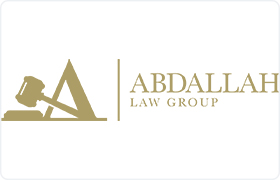Victor Timeshare Lawyer, California
Sponsored Law Firm
-
 x
x

Click For More Info:
-
Abdallah Law Group, P.C.
555 Capitol Mall Suite 766 Sacramento, CA 95814» view mapReal Estate Law #1 Sacramento Law Office
Abdallah Law Group is ready to fight for our clients. We provide comprehensive, individualized and affordable legal representation.
800-698-5801
Not enough matches for Victor Timeshare lawyer.
Below are all Victor Real Estate lawyers.
Thomas J. Driscoll
Education, Real Estate, Estate, Contract
Status: In Good Standing Licensed: 44 Years
Andrew David Smith
Estate Planning, Commercial Real Estate, Trusts, Estate, Wills
Status: In Good Standing Licensed: 28 Years
 Mitchell Abdallah Sacramento, CA
Mitchell Abdallah Sacramento, CA
